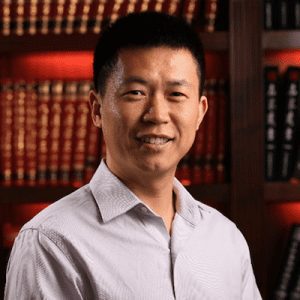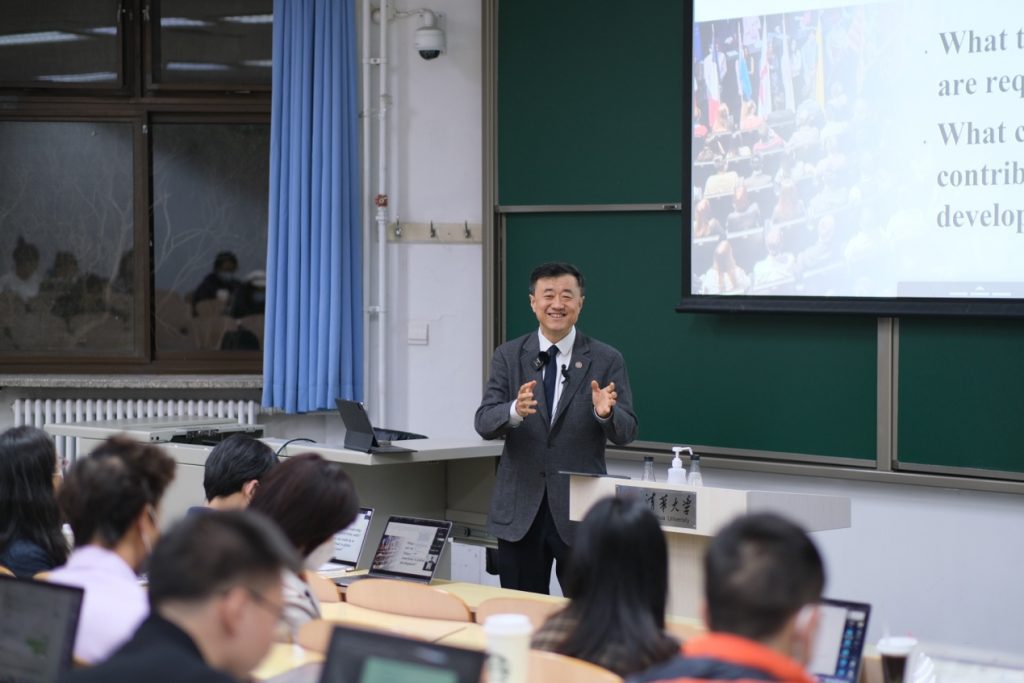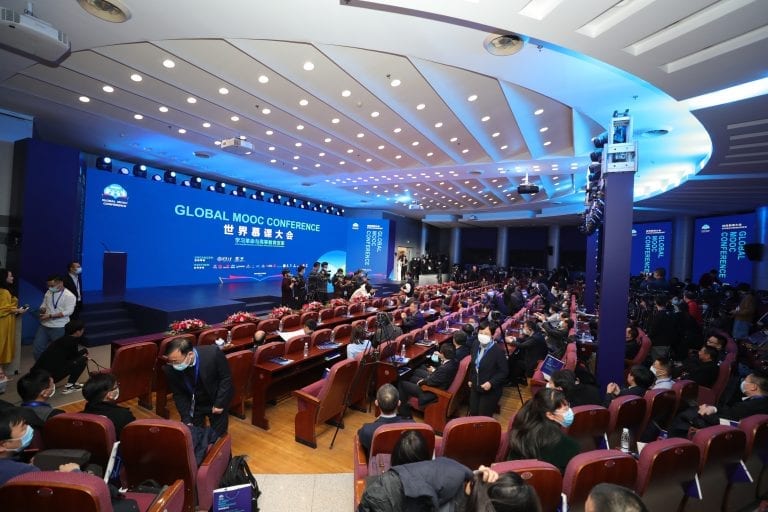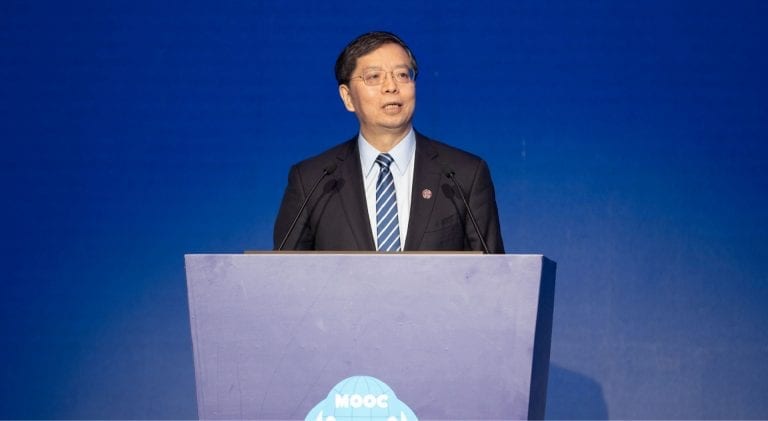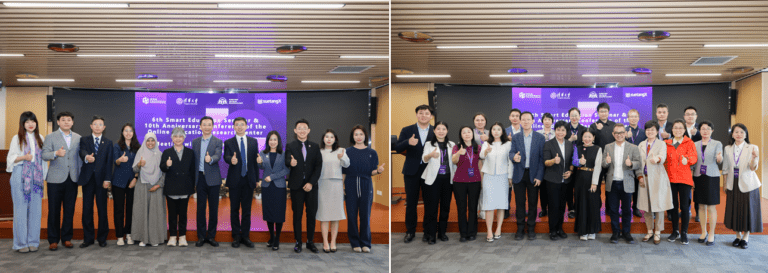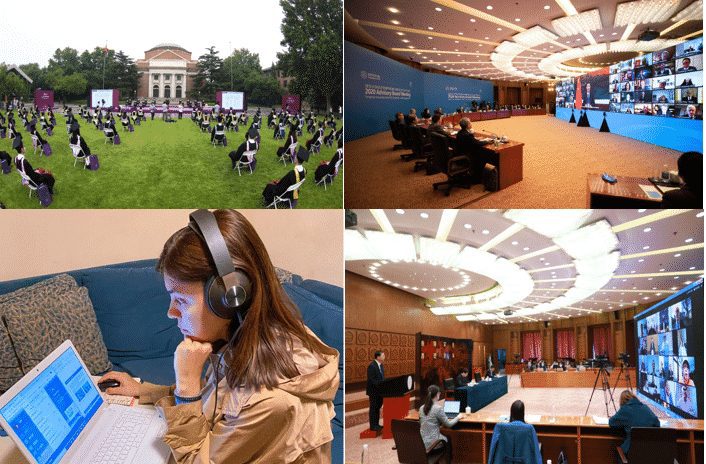This Global Open Course (launched by Tsinghua University) covers modules including Introduction to Positive Psychology, Moral Advantage and Virtue, Happiness, Positive emotion, Prosocial Psychology and Behaviors, Interpersonal Relationship and Communication, Sense of Meaning of life and Flow. Positive psychology is a school of psychology that has emerged in recent years. Through the study of human positive psychology such as happiness, virtue, altruism, self-discipline, aesthetics, creation, and meaning, it is committed to using scientific methods to achieve a better life. This course introduces the principles, scientific research and application methods of positive psychology, especially the research and methods on the meaning of life. It helps students understand their own positive potential and development path mentally for a nicer, more prosperous and meaningful life.
“Positive Psychology” is taught by Professor Peng Kaiping, Dean of the School of Social Sciences, Dean of the Department of Psychology, Tsinghua University, and Co-chair of the Happiness Technology Laboratory (H+ Lab) of Tsinghua University, and Dr. Zhao Yukun, Deputy Director of the Centre for Positive Psychology Research of the School of Social Sciences, Tsinghua University, and advisory member of the International Positive Psychology Association.
Course Timetable & Registration links:
Each session will be conducted in English and will be held on every Tuesday, from 19:20 pm to 20:35 pm (GMT+8) from November 2 onwards. Students will be able to register for each individual session and are welcome to participate during the live interactive section.
In addition, with the generous support from XuetangX (co-founding member of the Global MOOC Alliance), we will convert (part of) the live lectures into a MOOC (Massive Open Online Course), so that learners from all time zones can enjoy it at their own pace. You can access the MOOC on “Positive Psychology” here: https://www.xuetangx.com/course/goc092604/9792888
Format of classes: one hour of lecture (will be live-streamed and available for replay) and then followed by 15 minutes of live discussion (will not be live-streamed).
Registration link: https://us06web.zoom.us/webinar/register/WN_f-ELKsh3TaaKBOWmL6kcTQ
If for any reason that Zoom is not accessible, you are most welcome to watch the live stream (and replay) of the lectures at https://www.xuetangx.com/live/QQGKK20211102/QQGKK20211102/9910414/15121136
Registration now to attend live at https://us06web.zoom.us/webinar/register/WN_f-ELKsh3TaaKBOWmL6kcTQ
If for any reason that Zoom is not accessible, you are most welcome to watch the live stream (and replay) of the lectures at https://www.xuetangx.com/live/QQGKK20211102/QQGKK20211102/9910414/15121136


